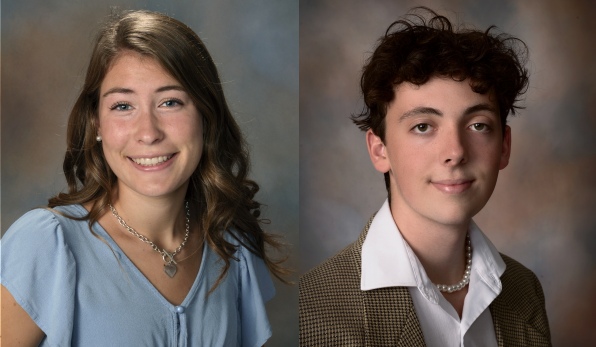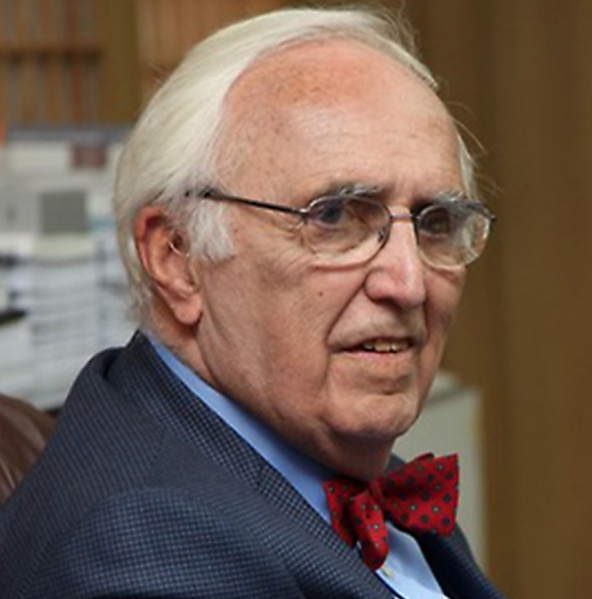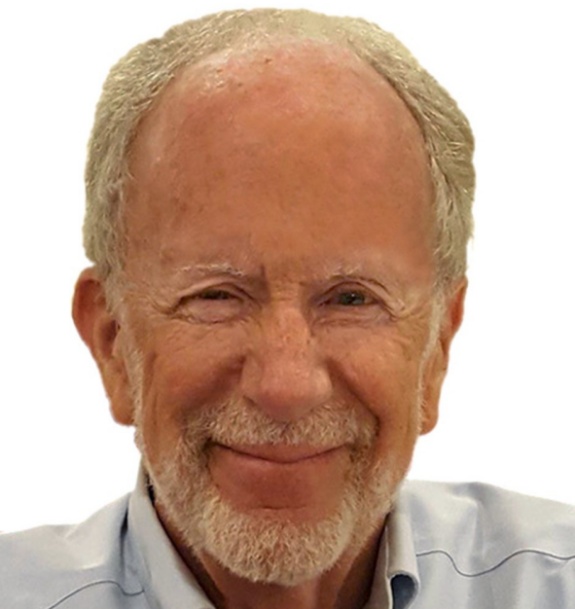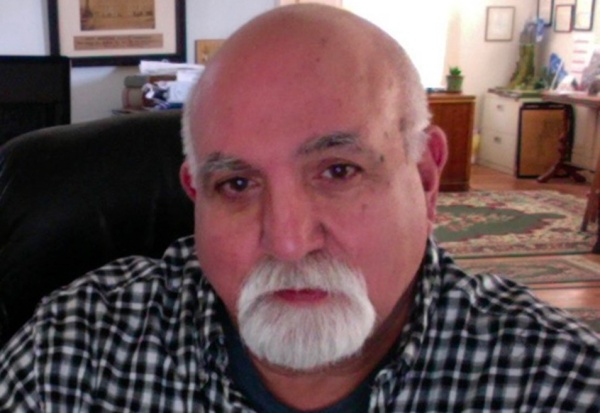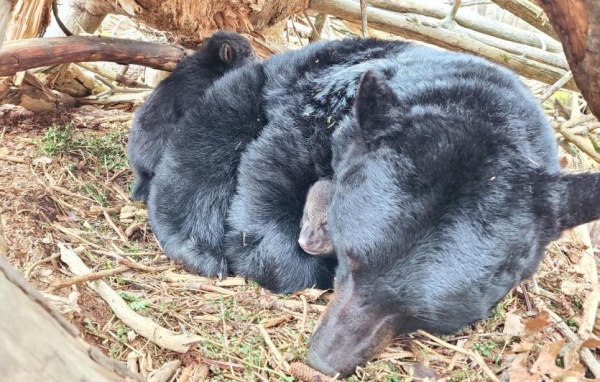The Baker-Polito Administration today announced nearly $60 million in state and federal funding available to school districts and community organizations to offer summer learning and recreational programs designed to help students grow academically and socially. Students at every grade level will have opportunities to take part in a mix of academic and enrichment programs offered at schools, after-school and early education programs and recreation sites.
Last summer, approximately 46,000 students across the Commonwealth participated in a summer learning program supported by the Baker-Polito Administration. The administration will once again support schools and community organizations that offer programs including Acceleration Academies, Summer Learning Partnerships, Summer Step Up and Summer Acceleration to College.
“Students across the Commonwealth were significantly impacted by the disruption to their learning and their social and emotional well-being caused by COVID-19, and it is imperative that we continue to provide the resources and support they need to thrive,” said Governor Charlie Baker. “We are pleased to be able to again provide this funding, and we are grateful to the community and educational partners statewide who will take advantage of these opportunities and greatly benefit the Commonwealth’s children.”
“By providing funding to support summer programs, we hope to engage more kids when school is out of session with fun, educational and enriching programs,” said Lt. Governor Karyn Polito. “These engaging programs run by caring professionals will ensure that the young people in their communities have access to the tools they need to recover both academically and emotionally.”
Remote and hybrid learning during the COVID-19 crisis led to learning loss for many students, and impacted emotional and mental health. After schools reopened across the country last year, national research showed that on average, K-12 students were five months behind in mathematics and four months behind in reading by the end of the 2020-21 school year.
In Massachusetts, results from the most recent statewide MCAS tests administered in the spring of 2021 show that many more students had gaps in their knowledge of math and, to a lesser extent, English language arts, compared to students in the same grades before the COVID-19 pandemic; and fewer students met or exceeded grade level expectations.
A recent MassINC survey of parents in Massachusetts found about 22 percent believe their children are behind grade level, compared to 13 percent who thought the same prior to the public health crisis. More than one-third of parents with younger students who are behind grade level said they are planning to send their children to summer programs.
“When we launched summer programming last year, we knew it would be a multi-year effort to help many students regain ground both academically and socially,” said Education Secretary James Peyser. “We are committed to continuing this work by partnering with communities to engage young people in innovative and productive ways.”
“We are once again providing students access to academics as well as enrichment opportunities to help them grow and keep connected to school this summer,” said Elementary and Secondary Education Commissioner Jeffrey C. Riley. “I hope all districts across the Commonwealth take advantage of these programs and the funding the Administration has made available.”
“Summer Step up will provide our young learners with the critical academic and social-emotional supports to prepare them for a successful transition to back to school in the fall,” said Acting Commissioner Amy Kershaw. “We are pleased to be able to support this innovative collaboration with our schools and community partners for a second year to help address the impact of COVID-19 on our young students and their families.”
The following are some of the programs to be funded:
Acceleration Academies
The Department of Elementary and Secondary Education (DESE) will help school districts launch Acceleration Academies, which allow students to learn and build skills by working intensively on one subject in small, hands-on learning environments with excellent teachers.
Students benefit from small class sizes, longer uninterrupted instructional blocks, individualized attention, project-based lessons, and teacher flexibility for learning time. The administration will commit up to $20 million in grants for districts to operate Acceleration Academies using federal Elementary and Secondary School Emergency Response (ESSER) discretionary funds. This is a multi-year program that the department anticipates will impact more than 23,000 students statewide each year.
Acceleration Academies will include:
• Early Literacy Academies for incoming kindergarteners, rising 1st and 2nd graders; and
• Math Acceleration Academies for rising 3rd and 4th graders, as well as 8th and 10th graders.
Summer Learning Partnerships
DESE will also work with school districts to develop or expand summer learning opportunities that address both the academic and social-emotional impacts of COVID-19 on students, with $8 million in grants. These programs will engage students with enrichment and recreation activities that motivate them to build relationships in a welcoming environment that uses the knowledge, strengths, and assets of students, families, and educators in the community.
Summer Step Up
The Department of Early Education and Care (EEC) will support school districts to offer Summer Step Up, a program aimed at giving extra support to young learners entering school in the fall. Young children will be able to take part in summer learning opportunities developed in conjunction with community partners to help prepare them for school. Summer Step Up is an opportunity to engage young learners and accelerate learning while smoothing the transition to school for young children to provide them a stronger foundation for academic success. The administration will commit up to $8 million to this program.
Summer Acceleration to College
High school graduates from the Class of 2022 will be able to participate in Summer Acceleration to College, a program launched last summer that provides recent graduates access to credit-bearing math and English courses at no cost to them as they prepare for college.
Fifteen community colleges in the Commonwealth will participate in this program, with approximately $500,000 awarded in funding.
In addition to these programs, the Baker-Polito Administration will also:
• Help camps and community organizations expand educational enrichment as part of their existing summer programs by making $12 million in funding available.
• Provide early literacy tutoring grants this summer and during the 2022-23 school year, funded at $2 million.
• Launch a new K-8 Math Acceleration program to help teachers increase student learning over the summer and throughout the school year, funded at $6 million.
• Expand the Biggest Winner Math Challenge to serve approximately 2,500 gifted math students, funded at approximately $2.5 million.
• Offer college courses over the summer for rising high school juniors and seniors who are enrolled in approved Early College programs, funded at approximately $1 million.
• Offer the 21st Century Community Learning Centers (CCLC) Summer Enhancement Grant internship program to support high school and college students interested in careers in education, funded at $500,000.
To learn more about summer programs or how to apply for a grant, please contact DESESummerProgramming@mass.gov.


